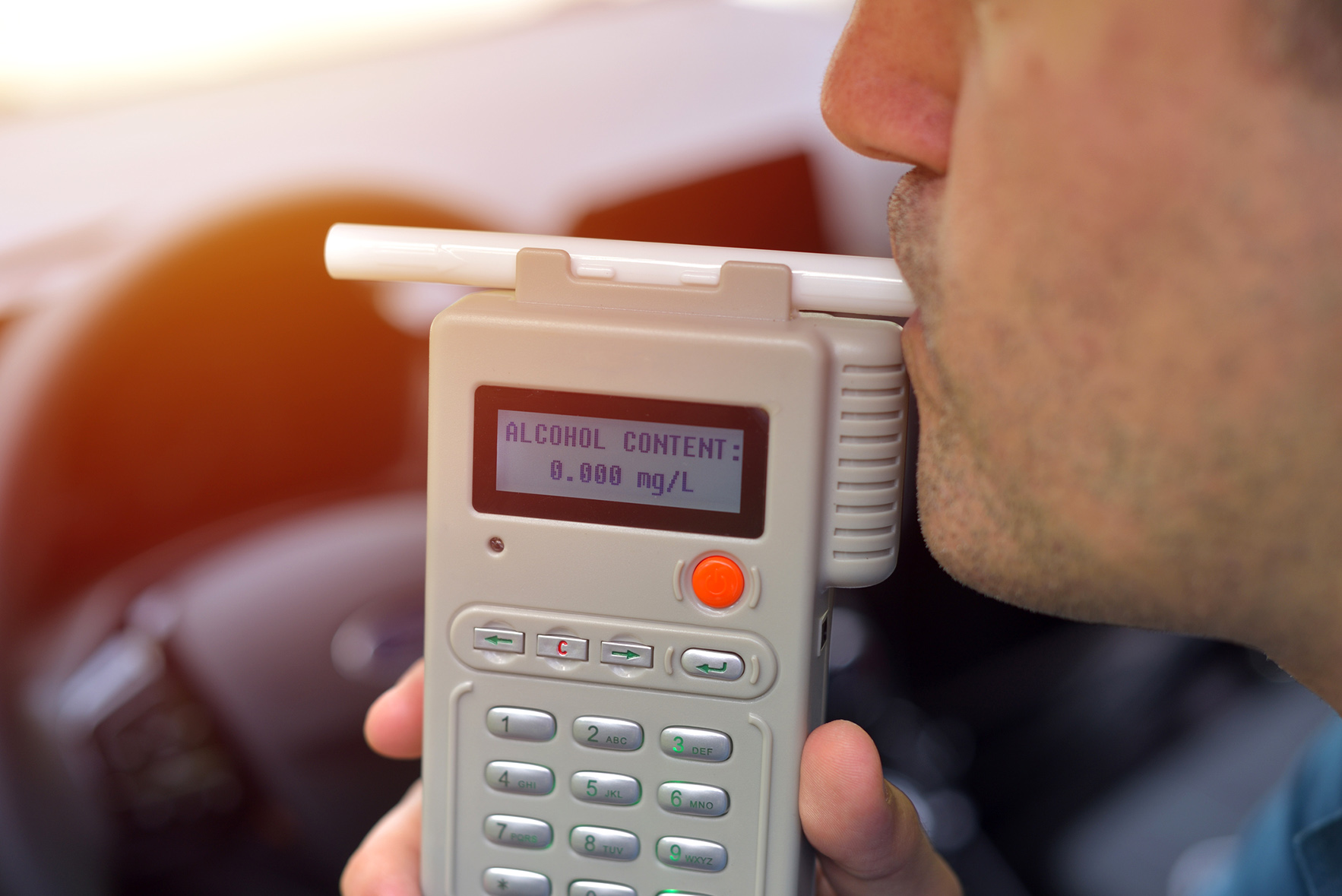The Easter long weekend is around the corner and, for many, this may mean a drive down to the coast or travelling distances to be with your family. If you are on the roads this April, you are very likely to hit one of many roadblocks.
Kirstie Haslam, partner at DSC Attorneys, outlines what you need to know.
First, police and traffic officers in uniform are authorised to stop vehicles at properly sanctioned roadblocks, under the South African Police Service Act. You must present a valid driver’s licence and have a valid car licence disc.
According to Arrive Alive, officers may search vehicles and individuals without a warrant and confiscate any illegal goods found. “If detained or arrested, you have the right to legal representation and should not be questioned without your lawyer present,” says Haslam.
Your roadblock survival checklist
Pull over safely when signalled.
Stay calm and respectful. Comply with instructions and avoid confrontation.
Sign fines or infringement notices calmly – roadside arguments only escalate the situation.
Know your rights. Awareness of legal boundaries can prevent potential abuses of power.
Check your vehicle. Ensure roadworthiness, and that your licence and registration are up to date.
If your vehicle is deemed unroadworthy, a police officer can instruct you to drive only to your destination or a short distance; remove the licence disc or stop you from driving the vehicle at all.
“You cannot be forced to pay fines on the spot — that’s extortion,” says Haslam.
An arrest is only lawful if a valid warrant is shown. If no warrant exists, officers may issue a summons, with a court date at least 14 days away (excluding Sundays and public holidays).
“If a warrant is presented, you may be detained until payment is made,” she adds. “If not, request to call your attorney immediately.”
- If you are suspected of drinking and driving, you cannot refuse a Breathalyser without reasonable cause.
- If you are over the legal limit (0.05g per 100ml of blood), you’ll be taken for a blood test.
Haslam advises that you ensure sterile equipment is used in front of you. You may call your own doctor, if they can arrive in time. “Blood must be drawn within two hours of being stopped; expired test kits invalidate results and a police officer must be present when your blood is taken.”
The best line of action would always be to abstain from drinking if you know you will be driving, or to have a designated driver who will not be drinking.
This rough guideline for alcohol levels shows you how easy it is to get “over the limit”:
- 355ml beer (5% alcohol)
- 150ml wine (12% alcohol)
- 45ml spirits (40% alcohol)
Side note: One shot of Amarula is 25ml and a double shot is 50ml. I did some research - purely to make sure I brought you accurate information, of course.
To put that in perspective, a male weighing 80kg would be over the 0.05g/dl if he drank two to three standard drinks in one hour. A female weighing 65kg would likely exceed the legal limit after drinking just one to two standard drinks within an hour.
A standard drink would be one beer, one glass of wine or one shot of spirits.
Finally, Haslam says if you are arrested, you must be informed of your rights immediately and detained at the nearest police station. “You must be brought to court within 48 hours and can apply for bail, unless the charge is serious,” she says.
Aside from the very real possibility that you could injure or kill yourself, your passengers, pedestrians, or people in other cars - driving under the influence (DUI) in South Africa carries severe penalties, including fines, imprisonment, and licence suspension. The exact consequences depend on factors such as your blood alcohol concentration (BAC), prior offenses and the specifics of the incident.
Fines:
First-time offenders: Fines can range from R2,000 to R120,000, depending on the severity of the offence.
Repeat offenders: Higher fines are imposed, reflecting the increased severity of repeated violations.
Imprisonment:
First-time offenders: Possible imprisonment ranging from a few days up to six years, contingent on the circumstances.
Repeat offenders: Longer prison sentences are likely, with terms extending up to six years.
Licence suspension: Convictions may lead to the suspension or revocation of the driver’s licence. For first-time offenders, suspensions can range from six months to five years, while repeat offenders may face longer or permanent revocations.
Criminal record: A DUI conviction results in a criminal record, which can adversely affect employment opportunities and international travel.
In cases where drunk driving leads to injury or death, charges such as culpable homicide or murder may be pursued, carrying more severe penalties.
It is crucial to understand that these penalties can vary based on individual circumstances and the discretion of the court. To avoid these severe consequences, it’s advisable to refrain from drinking and driving altogether. DM
This article has been updated to reflect that 150ml of wine = 12% alcohol, rather than 50ml of wine. I am not much of a drinker and clearly a shot of Amarula may not have helped my writing along. Apologies.





